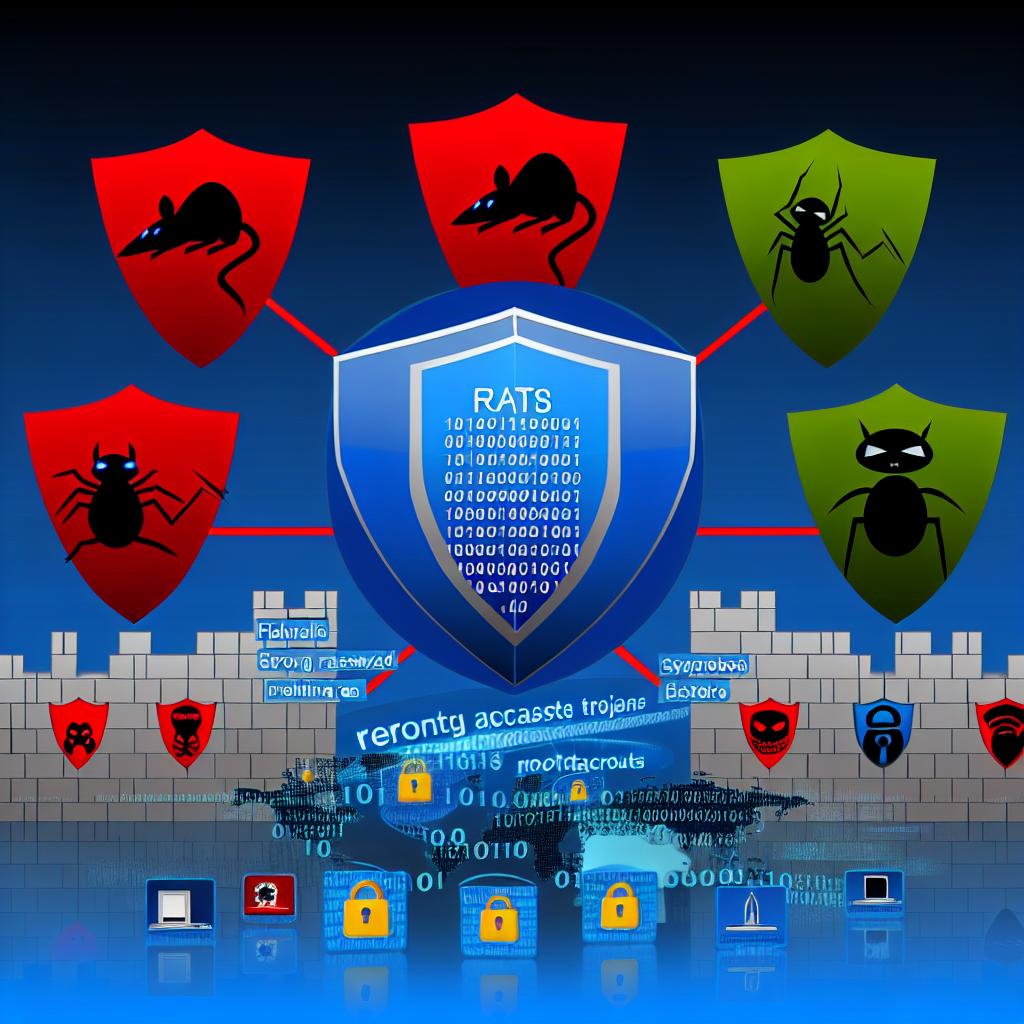In the murky depths of the internet, a new threat has emerged – Chinese hackers targeting their fellow countrymen with complex tools known as Remote Access Trojans (RAT) and rootkits. these insidious techniques allow cybercriminals to gain remote access to victims’ devices, taking control of their sensitive information and wreaking havoc on their digital lives. Join us as we delve into the shadowy world of cyber espionage and explore the dangers facing Chinese users at the hands of their own compatriots.
Heading 1: Advanced Cyberattacks Targeting Chinese Users Spark Concerns
Reports have surfaced regarding a series of sophisticated cyberattacks targeting Chinese users, raising concerns about the security of personal data and sensitive information. The attacks, which involve the deployment of Remote Access Trojans (RATs) and rootkits, are believed to be orchestrated by Chinese hackers aiming to access and manipulate sensitive information. The complex nature of these advanced cyberattacks highlights the importance of implementing robust security measures to safeguard against potential breaches.As threats continue to evolve, it is indeed crucial for users and organizations to stay vigilant and prioritize cybersecurity to mitigate risks.

Heading 2: Critical Steps to Protect Against RATs and Rootkits from Chinese Hackers
Chinese hackers have been increasingly targeting Chinese users with Remote Access Trojans (RATs) and rootkits, posing a significant threat to cybersecurity. To protect against these malicious attacks,it is indeed crucial to take critical steps to safeguard your devices and data:
- Install reputable antivirus software and keep it updated regularly.
- Avoid downloading attachments or clicking on links from unknown sources.
- Use strong, unique passwords for all your accounts and enable two-factor authentication whenever possible.
- Regularly update your operating system and software to patch any vulnerabilities.
- Monitor your network for any suspicious activity that could indicate a RAT or rootkit presence.
By following these proactive measures, you can better protect yourself and your information from falling victim to Chinese hackers and their insidious tactics.
Wrapping up
the threat posed by Chinese hackers utilizing RATs and rootkits to target their own citizens is a troubling development in the world of cybersecurity.As technology continues to advance, it is crucial for individuals and organizations to remain vigilant and take necessary precautions to protect themselves from such malicious attacks. By staying informed and implementing strong security measures, we can work towards creating a safer online environment for all users. Thank you for reading and remember, stay safe out there.







